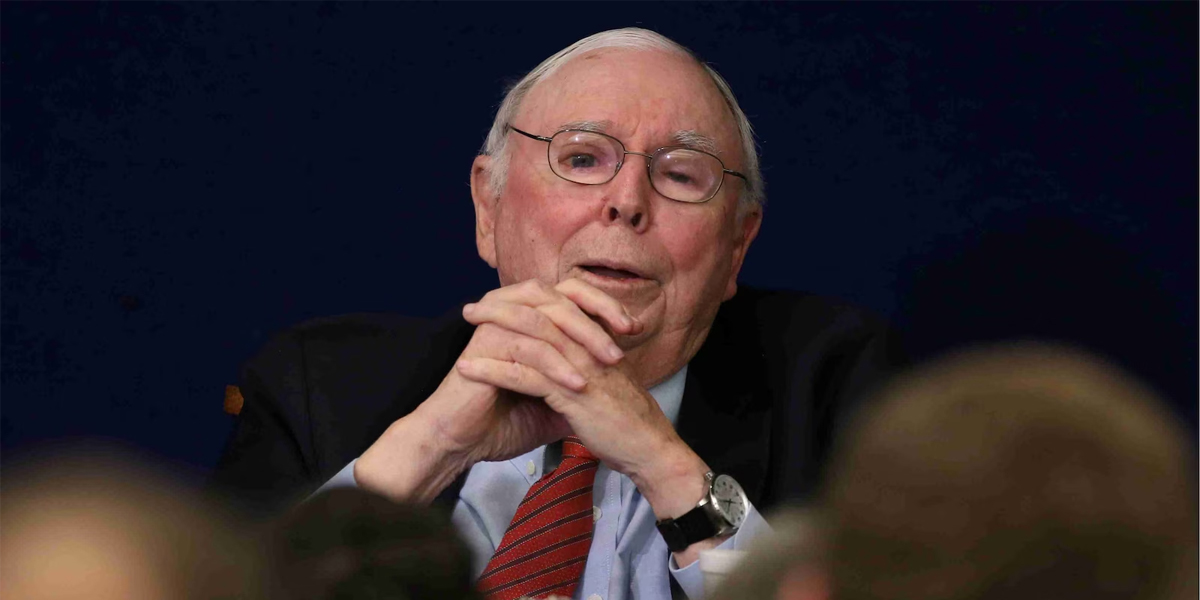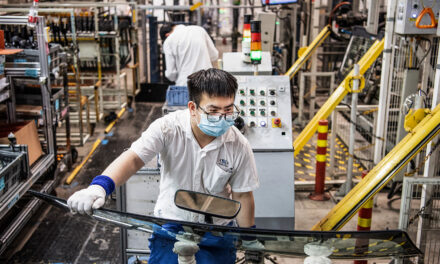Long-time investor Charlie Munger warns that the commercial property scene in the United States is heading into bad times.
In a recent interview, the 99-year-old vice-chairman of the multinational conglomerate Berkshire Hathaway declared that many banks in the country are stuffed to the hilt with what he referred to as bad loans; such banks will be the most vulnerable in difficult times, particularly when the price of the property – specifically commercial or industrial property – begins to fall.
Munger was quick to say that current circumstances are not as bad as they were during the 2008 financial crisis, but he opined that the banking sector was as prone to serious issues as any other industry.
A Timely Warning
Interestingly enough, Munger’s warning came almost at the same time as regulatory agencies in the United States invited other banks to submit their best and final takeover offers for the beleaguered First Republic Bank on April 30th. The collapse of First Republic is just the most recent incident in an ongoing crisis affecting mid-sized banks in the US.
Since Silicon Valley Bank’s fall back in March, industry watchers shifted their sights to the First Republic as the weakest link in the country’s banking system. As of the tail end of April 2023, the value of First Republic shares plunged by 90% and fell even lower when the bank disclosed the full extent of its troubles.
While Berkshire Hathaway has long been known to support American banks during hard times it has mostly stayed in the margins in light of the ongoing banking crisis. Munger hinted that the company is exercising restraint to mitigate any risks that could arise from bad or ill-advised commercial property loans.
Munger went on to say that a great deal of real estate – especially commercial or industrial properties – was no good at all. Indeed, he pointed out that many properties covering everything from office structures to shopping malls are in a great deal of financial strife.
As of press time, Berkshire Hathaway has also struggled to find worthy investment venues for nearly a decade. The struggle has been characterized by the company’s cash balance which currently stands at over $100 billion, as well as its choice to buy back tens of billions of dollars of its shares from other entities.














